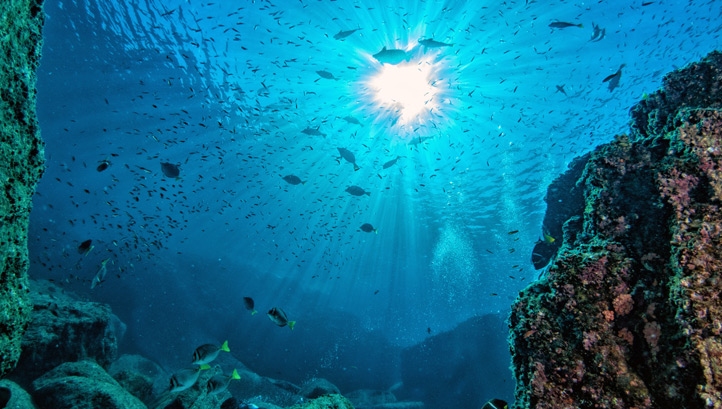International environmental non-profit, The Nature Conservancy (TNC), has set a new ambition to unlock up to $1.6bn in the restoration and conservation of marine environments, through a $40m (£30m) “Blue Bonds for Ocean Conservation”.

TNC has already secured more than $23m of the $40m required to unlock the $1.6bn for conservation
TNC will aim to protect up to 1.5 million square miles of ocean habitats, which in turn will benefit around 43 million people living within 62 miles of coastline. The Blue Bonds scheme will aim to refinance and restructure debt for coastal and island countries.
“There’s still time to reverse decades of damage to the world’s oceans before we hit the point of no return,” TNC’s chief executive Mark Tercek said.
“It’s going to take something audacious to tackle marine protection at this scale, which means thinking beyond more traditional approaches to ocean conservation.”
The Blue Bonds will be delivered to as many as 20 countries over a five-year period, creating a 15% increase on the amount of protected ocean that currently exists.
The bonds work by getting a coastal or island nation to commit to protecting at least 30% of its near-shore ocean areas, covering reefs, fish spawn sites and other ocean habitats. TNC will then help restructure part of that nation’s sovereign debt, creating lower interest rates, longer repayment periods and support mechanisms such as improved fisheries management and a reduction in marine pollution.
TNC then creates a “marine spatial plan” with input from local communities and government officials before establishing the trust fund to cover the new protected areas. TNC tested a Blue Bonds prototype in the Seychelles in 2012, with the country now on track to expand marine protections to nearly 154,000 square miles of ocean habitat by 2020 – an area the size of Germany.
TNC estimates there are around 100 countries where similar projects could be developed and has already secured more than $23m of the $40m required to unlock the $1.6bn for conservation.
Reef rescue
The plan also aims to save 13% of the world’s coral reefs. Current trajectories suggest that 90% of coral reefs will disappear in the near future. Recent research found that the number of new corals on the Great Barrier Reef crashed by 89% after the climate change-induced mass bleaching of 2016 and 2017.
The Intergovernmental Panel on Climate Change (IPCC) special report recently concluded that a global temperature increase of 2C – the less ambitious of the trajectories outlined in the Paris Agreement – would result in the complete eradication of all natural coral reefs.
In response, the World Bank has unveiled plans to launch the world’s first series of bonds aimed at advancing ocean stewardship and has priced the first bond at £85m.
Matt Mace
